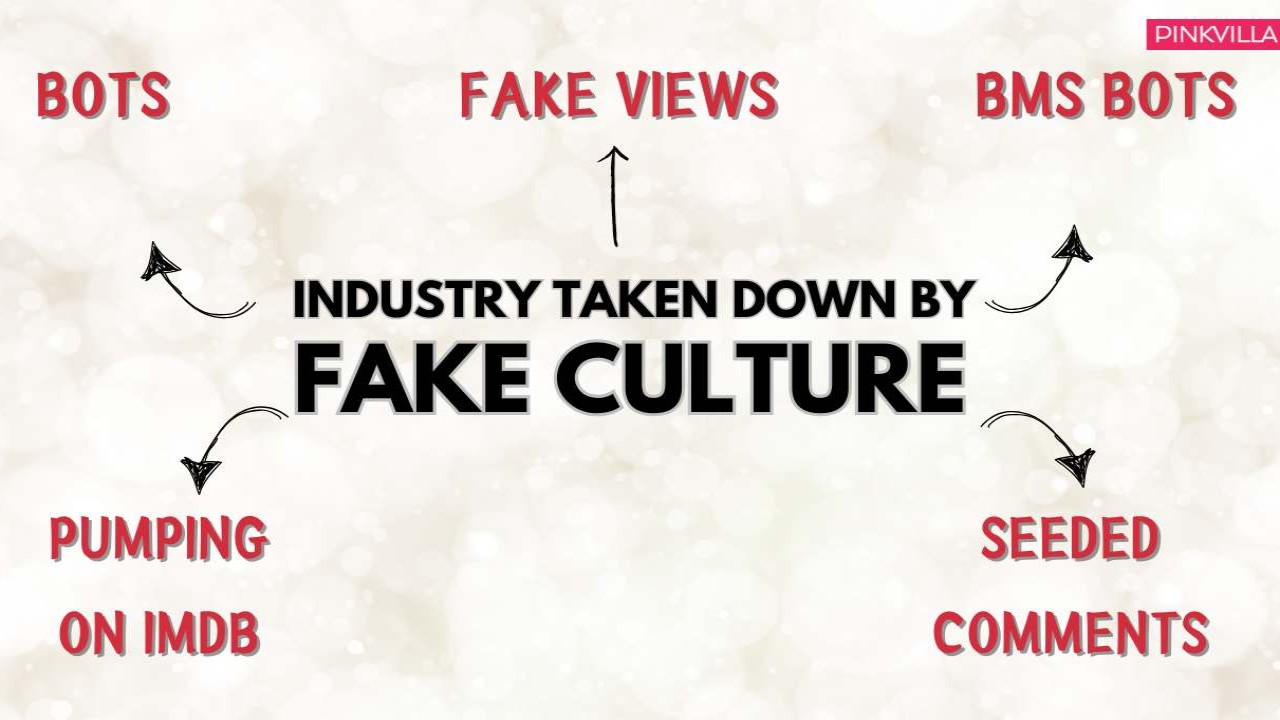In 2015, as social media began its ascent, the Hindi Film Industry saw it as a golden opportunity to connect with fans on a more personal level. Fast forward a decade, and social media has transformed into a tool primarily used to shape perceptions around movies. The direct feedback from the cinema-going audience has been overshadowed by orchestrated comment seeding from social media users, creating a facade that cheats the audience.
Let’s delve into the root cause of this shift – insecurities. Platforms like YouTube, IMDB, and Book My Show were once reliable indicators of audience interest in a film. However, the industry has resorted to underhanded tactics, employing ‘BOTS’ to inflate view counts and manipulate votes, casting doubt on the authenticity of these platforms. What was once a barometer of genuine interest has now been tainted by artificial means.
Moving beyond numerical metrics, the game of perception thrives on social media platforms like X, Instagram, Reddit, and Facebook. Digital agencies have devised a strategy to manufacture positive content in the online realm. By orchestrating paid posts through influencers and fabricating positive comments through bots, they create a facade of popularity that may not reflect genuine audience engagement.
While the digital realm may paint a rosy picture, it often fails to translate into real-world success at the box office. The artificially generated interest through fake votes and comments online does little to drive actual footfall in theaters, leaving producers disillusioned by the lack of organic buzz. It’s only after the release week that the repercussions of misguided ‘Online Reputation Management’ become apparent, resulting in a wasteful expenditure of resources.
Consider a scenario where a producer opts out of the manipulative practices of ‘Online Reputation Management’. In response, digital agencies and influencers may resort to negative publicity tactics, including negative seeding, comments, and posts across various platforms. This orchestrated campaign aims to tarnish the film’s reputation in the digital sphere. While a genuinely subpar film may suffer under this onslaught, a quality production may weather the storm, exposing the artificial nature of the negativity.
The murky practices within the film industry have spawned a lucrative avenue for unethical revenue generation. Negative campaigns extend beyond social media, infiltrating review platforms like Book My Show and IMDB, inundating them with disparaging votes and comments. This ecosystem of deceit leverages contacts and influence to fabricate a distorted reality.
Instances like the experience of ‘Fighter’ highlight the challenges faced by filmmakers who opt for an organic approach to promotion. Rejected by social media agencies, these filmmakers may find themselves targeted by orchestrated negative campaigns post-release. Despite such hurdles, ‘Fighter’ managed to surpass expectations, attaining success amidst the tumultuous digital landscape.
The fabrication of perception extends to tracking agencies, which have veered into corrupt practices by engaging in media net deals with producers to manipulate box office predictions. This insidious collusion aims to control the narrative within the industry, distorting the perception of success and popularity.
The emergence of non-film influencers from various sectors further blurs the line between authenticity and manipulation. Political journalists, sports influencers, and meme pages are enlisted to propagate a false narrative, creating a bubble of misinformation. While spreading positivity through paid media is a choice made by producers and beneficiaries, the coercion through media-net deals raises ethical concerns.
Ultimately, the audience holds the power to discern the authenticity of the perception game. While the industry may strive to influence public opinion through orchestrated campaigns, the true measure of success lies in genuine audience reception at the box office. The question remains – does a manufactured reality truly translate into box office numbers? The answer is uncertain, but the audience’s discernment will ultimately determine the impact of these deceptive practices in the film industry.
